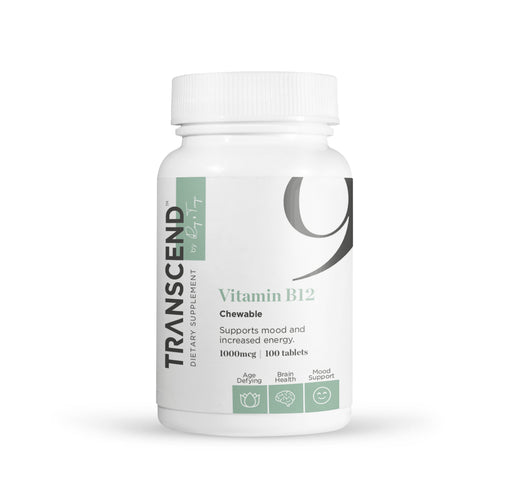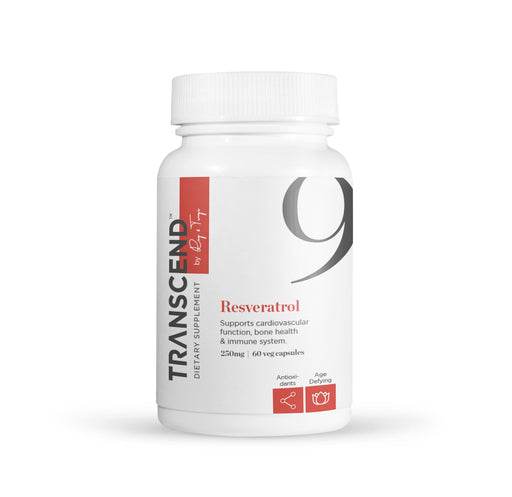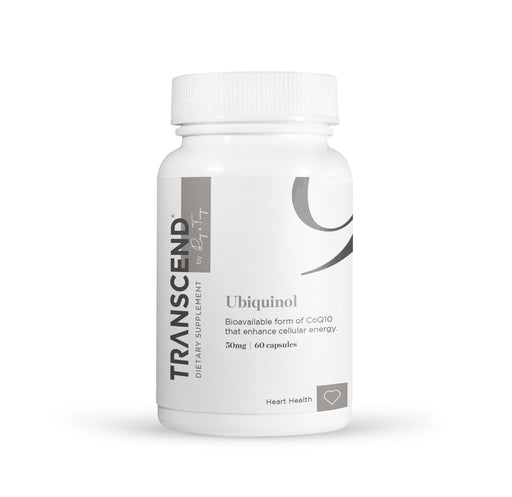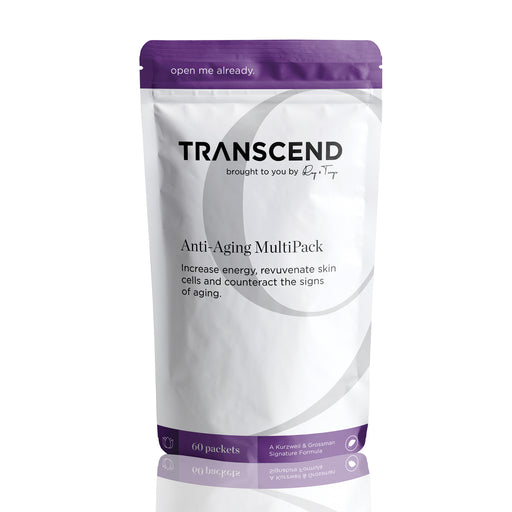
Vitamin B-12, Sublingual
Increased energy Improve mood Fight fatigue Common deficiency Better absorption Vitamin B12 (also called cobalamin) is one of eight water-solu...
View full details
By now, many of us know that having a nutritious diet, exercising regularly, and getting enough rest are all necessary factors in maintaining overall health. When we neglect these areas, our bodies tend to respond with fairly obvious symptoms – digestive irritability, obesity, exhaustion and even full-blown illness. But sometimes, when our bodies are lacking key nutrients, the indicators are far more subtle. We’ve put together a list of telltale signs that your body may be running low on certain vitamins + minerals. Talk to your doctor if you’ve been experiencing these symptoms and think that it could be part of a vitamin deficiency.
The importance of healthy hair goes far beyond a person’s aesthetic identity —it can provide a great deal of insight into your overall health and well-being.
Hair Loss: The average person loses around 100 strands of hair per day, but if you find that your pillows and shower drains are collecting more strands than usual, it could mean that you’re low on iron. Iron deficiencies are easy to reverse through diet + supplements, and only require a quick blood test to diagnose.
Dry, Itchy Scalp: Flakiness + itchiness of the scalp can be an indication that you’re missing certain key vitamins that contribute to the production of head-hydrating oils. Supplementing with vitamins A and C, as well as fatty acids can go a long way with maintaining a happy scalp.
Greying and Brittle Hair: Some people are destined to have distinguished hair-coloring at an early age, but unless it’s in your family history, early greying can be a sign of a copper deficiency. Brittle hair is also a natural side-effect of the aging process, but it can also be caused by low levels of B Vitamins like biotin and folate (folic acid).
Mouth Sores: Acidic foods, stress and brushing your teeth too vigorously can all lead to the development of painful ulcers in your mouth, but if chronic canker sores can also imply a B12 deficiency. Lean red meat, nutritional yeast, eggs and soy milk are among several dietary sources of B12 that can help alleviate these symptoms.
Constipation: Being “backed up” can be caused by a host of different reasons, but one of the most common source is a lack of dietary fibre. Magnesium also plays a role in digestive health as it helps to regulate the smooth muscle function necessary for digestion.
Bumpy Skin: Summer is just around the corner, but if red bumps are infringing on your right to bare arms, you might want to consider adding Zinc and Vitamin A into your seasonal prep. Both nutrients are vital for maintaining skin health, and play key roles in healing damaged cells.
Calf Cramps: Magnesium is an electrolyte that partners up with Calcium to play an important role in muscle contraction. Making sure your body has the recommended levels of these two super-minerals can make a world of difference when avoiding nasty cramps!
Bruising on your Legs: Since the invention of coffee tables and low-lying shelves, humans have been unwittingly bumping into things. But if you’re finding that a mere bump results in a bruise befitting an olympic kick-boxer, consider if you’re getting enough Vitamin C. In addition to protecting you from scurvy, Vitamin C helps to produce collagen —a key player involved in making blood vessels.
Take the TRANSCEND Supplementation Quiz to find out more about which key vitamins and minerals you might be lacking, and how to supplement them for optimal health!

Increased energy Improve mood Fight fatigue Common deficiency Better absorption Vitamin B12 (also called cobalamin) is one of eight water-solu...
View full details
Combat internal aging Protect cells from radiation damage Increase antioxidant capacity Take with lecithin for better absorption Optimal dose for...
View full details
2022 update: Future batches of this product will use a Ubiquinol product that is a greenish capsule rather than a red softgel Bioavailable form o...
View full details
A Kurzweil + Grossman Formula Continued Synergy between Science and Convenience Convenient dosage packets Top anti-aging products Increase energy...
View full details
Leave a comment